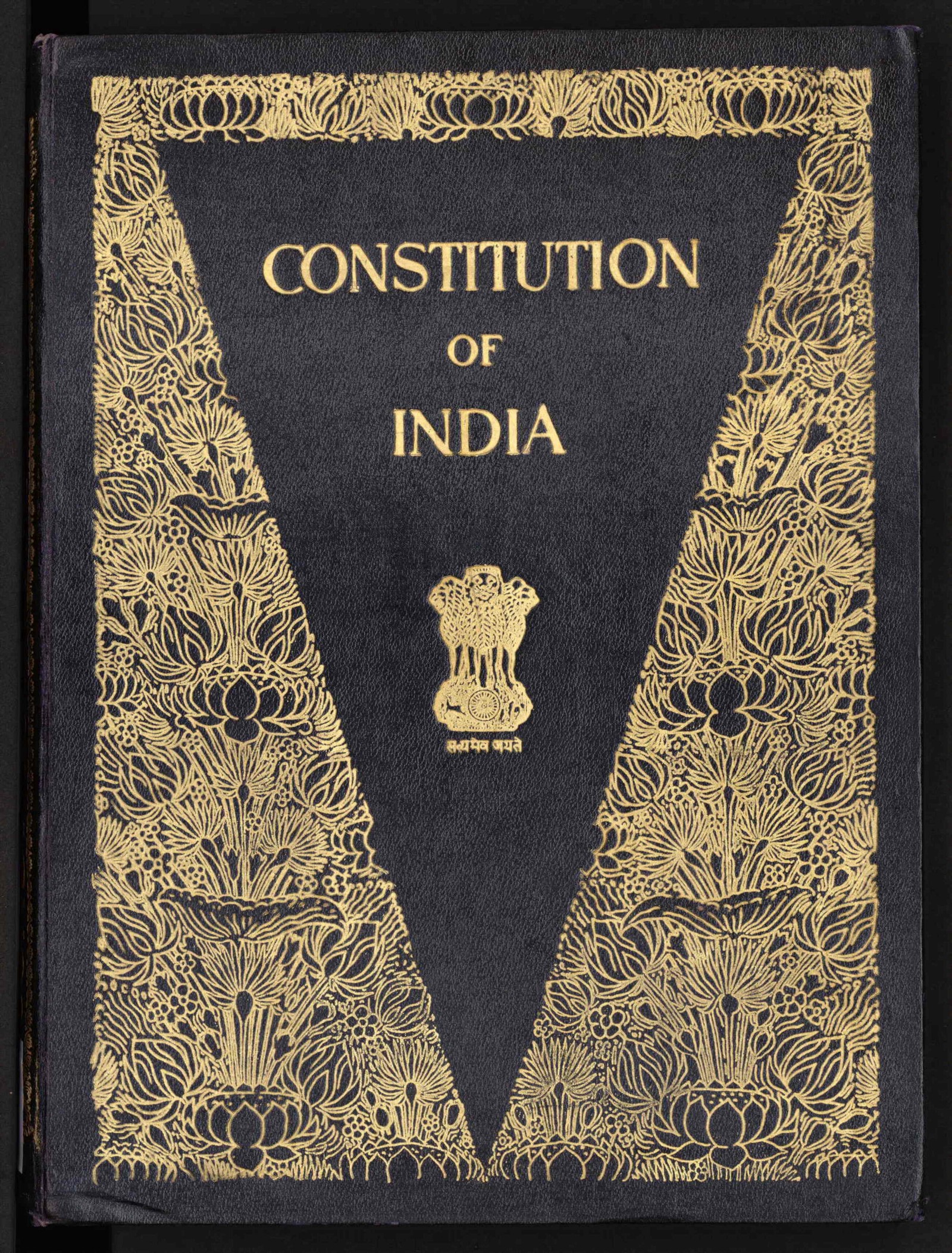
On 26 January, 1950, the constitution of India came into effect. The Constitution, drafted by a committee led by Dr B R Ambedkar, provided every Indian citizen with six fundamental rights—the right to equality, right to freedom, right against exploitation, right to freedom of religion, cultural and educational rights, and the right to constitutional remedies. Today, however, inequality and discrimination mark the state of our nation with the Modi government failing to let people exercise their basic fundamenal rights.
On 70th Republic Day, the Indian Cultural Forum brings back from it archives, times the current government has failed to uphold the Constitution of India.
Right to Equality
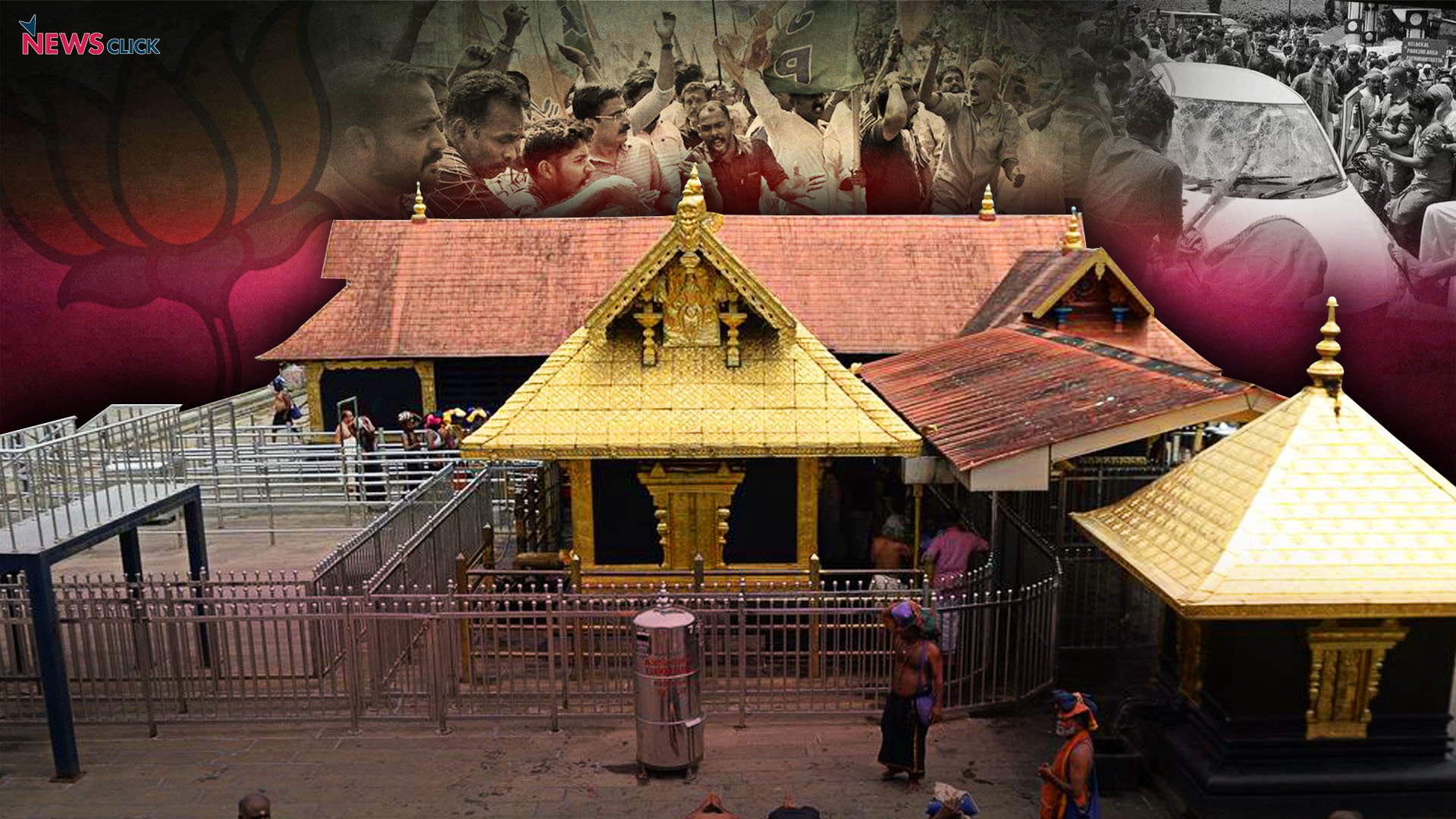
Sabarimala
The Article (15) of the Indian constitution prohibits discrimination on the grounds of religion, race, caste, sex or place of birth. Yet, the nation witnessed a significant social and political churning on the question of temple entry at the Sabarimala shrine in Kerala. The verdict of the five-judge constitution bench on 28th September 2018, granting women between the ages of ten and fifty the right to enter the shrine, has set the stage for a direct confrontation between contrary worldviews and social currents. Ranged on one side are defenders of the status quo who see the entry of women of menstrual age into Sabarimala as an assault on their traditions and religion. These champions of orthodoxy include the high priests of the temple, the erstwhile Pandalam royal family, upper caste organisations like the Nair Service Society, and hardline outfits like the Ayyappa Dharma Sena which have the direct backing of the Rashtriya Swayamsevak Sangh. Opposed to these forces are a range of progressive organisations and movements which view the Sabarimala issue as a question of gender justice. They seek to use the Supreme Court judgment to advance the struggle against social prejudice and patriarchal mindsets. In this they have received the active support of the Left-led state government. Recently, Prime Minister Narendra Modi, in his speech in Kerala, referred the Kerala government’s effort to implement the SC judgement as “Kerala government’s conduct on Sabarimala issue is the most shameful.” So far, after relentless effort only two women succeeded in entering the temple premise, although the Kerala government claims fifty one women of menstruating age entered the temple after the Supreme Court verdict.
Right to Freedom
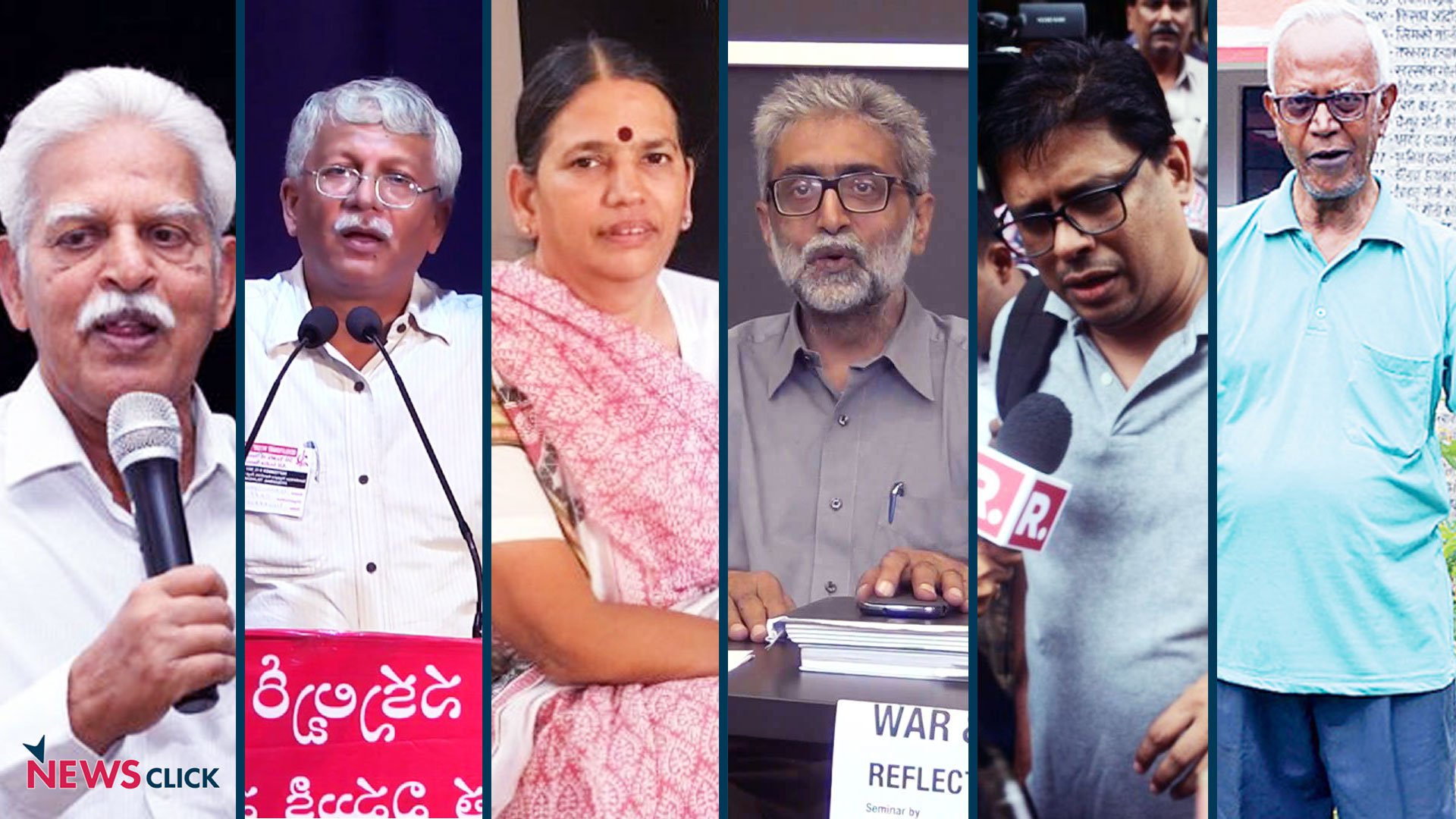
Writers and Film-makers return their Award
Soon after the Modi government came into power in 2014, the first attack was on freedom of speech. The attack on curbing of freedom of expression began with the murder of Govind Pansare (2015), MM Kalburgi (2015) and Gauri Lankesh (2017). Even today, the “unknown assailants” of Narendra Dhabolkar and other three rationalists walk freely and the Indian government has failed to identify and arrest the perpetrators of these crimes.
In 2015, several writers returned their awards and resigned from their positions at the Sahitya Akademi; and issued statements of protest about the encouragement to intolerance between castes and communities. Later, around 25 filmmakers and film professionals, including Saeed Mirza, Kundan Shah, Arundhati Roy, Ranjan Palit, Sanjay Kak, and Pradeep Kishen returned their National Awards at the Press Club in Mumbai in protest of state sponsored violence and aggressive interference in academic and cultural institutions.
The Jawaharlal Nehru University Story
Sedition is an archaic and outdated law dating back to the British Raj. The law was enforced to keep in check people partaking in the freedom struggle and who were outspoken against the imperial rule. Countless freedomfighters, including MK Gandhi, were jailed under the law.
On 2016, February 9, some students from Jawaharlal Nehru University (JNU) organised a cultural evening of poetry reading and poster presentation called “The Country Without a Post Office”, inside the university premises, to protest against “extra judicial killing.” The meeting was organised by a group of ten students including Umar Khalid and Anirban Battacharya. The event, however, was disrupted by members of the Akhil Bharatiya Vidyarthi Parishad (ABVP), the student wing of the Rashtriya Swayamsevak Sangh (RSS). The ABVP termed the event, and the students participating in the event, as “anti-national.” There were clashes between the students, which led to police intervention on campus. On 10 February, Kanhaiya Kumar, the JNUSU President at that time, who was not present at the event, came out in support of the organisers, asserting that they had a right to express dissent within a university space. On 12 February 2016, Kumar was arrested on charges of sedition from the campus without any warning. The JNU students and teachers received a wide support from all over the world came that defended the right to freedom of expression.
The Citizenship (Amendment) Bill
Akhil Gogoi, leader of Krishak Mukti Sangram Samiti of Assam, was arrested on 13 September 2017 under sedition charges by the BJP government of the state. A total of 122 cases against him were clubbed together under the National Security Act, foreclosing any possibility of judicial redress. The NSA advisory panel of the state approved his detention on 19 November, thereby sealing his incarceration for 12 months at least. Akhil Gogoi has been a vocal critic of the BJP government and was arrested for his address at a meeting against amendments to the Citizenship (Amendment) Bill 2016 which aims to legalise preferential treatment of citizenship applicants on the basis of religion, and which many people in Assam believe is specifically designed to help Bengali speaking Hindus of the state to legally obtain citizenship, while denying it to Muslims.
In a repeat of the events, the Assam government slapped on Hiren Gohain and others in 2019. Eighty years into his life of scholarly pursuit Professor Gohain, and journalist-activist Manjit Mahanta, were slapped with sedition cases by the Assam government for being present at a protest meeting against the controversial Citizenship (Amendment) Bill. They have been given bail by the Guwahati High Court for now.
Sedition on Artists
On April 29 2018, Chhattisgarh Police booked senior journalist and activist Kamal Shukla on sedition charges under Section 124 (A) of the Indian Penal Code. The matter pertains to a cartoon about the Judge Loya case, criticizing the government and judiciary that Shukla shared from his Facebook wall few days ago.
Crackdown on Activists
Last year August, witnessed a crackdown on five human-rights activists including Sudha Bharadwaj, Gautam Navlakha, Varavara Rao,and Arun Ferreria by the Pune police. The arrests are part of a clear design to lock down on democratic dissent, undermine free speech and create a climate of fear. Their arrests, as well as the raids on the homes of a total of nine persons in Delhi, Ranchi, Bombay and Hyderabad, plainly intended to persecute dissenters and those critiquing rights violations by governments.
Right against Exploitation
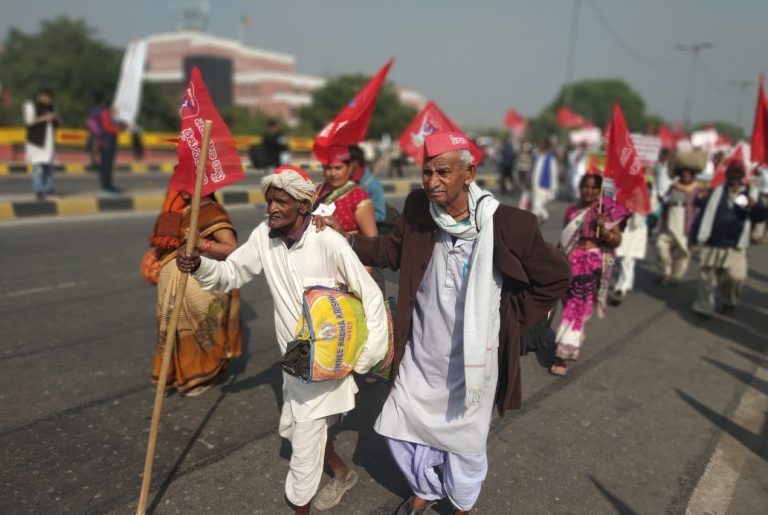
Manual Scavenging
Though the Employment of Manual Scavengers and Construction of Dry Latrines (Prohibition) Act, 1993 prohibits the engagement or employment of persons for manually carrying human excreta and further prohibits the construction or maintenance of dry latrines, manual scavenging still persists in various forms today. This Act also seeks rehabilitation of manual scavengers by providing them with alternative employment. Yet the government today deny even the existence of the profession in toto. In September 2018 eleven manual scavengers death were reported from across the country. These include five deaths which took place on a single day in the National Capital Region of Delhi. These deaths resulted in massive protests led by the Safai Karamchari Andolan. Every day one manual scavenger dies in our country. Still their deaths goes “unnoticed” and “undiscussed” by the Modi government.
Farmers March across the Country
No one can forget the recent image of the farmer who committed suicide next to the harvested, rotten onions. Yes, this is the reality of the people who feed us. As the Prime Minister Narendra Modi heads the most anti-farmer and pro-corporate government since India gained independence, the farmers of the country decided to unite their hands for the promises. The country witnessed a series of farmers protest all across including Mahapadav, Kisan Long March, Mazdoor-Kisan Rally and Kisan Mukti March. Starting from Sikar in Rajasthan, Tamil Nadu, Karnataka, Maharashtra, Haryana, then to the national capital, the agitated farmers marched for what they have been promised off. As the farmer suicide number tolls each day, yet, the Modi government choose to turn their face off from these issues.
Read More: Kisan Mukti March | In Photos
Right to Freedom of Religion
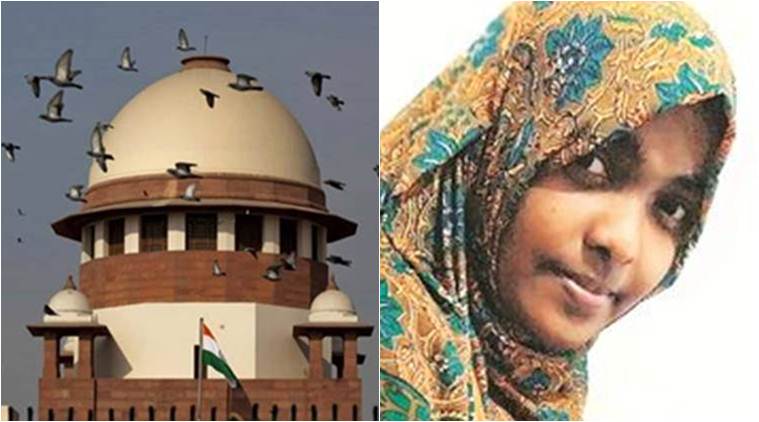
Hadiya’s trial
Hadiya alias Akhila Asokan, a “girl” aged 24 years was called as “weak and vulnerable, capable of being exploited in many ways’ because she chose her faith in another god. A young Hadiya was put under media trial for over a year for marrying a Muslim man, Shafin Jahan. The Kerala High Court annulled her marriage with Jahan, and directed her under “protective” custody of her parents. She was put under house arrest for six months. Several questions on her conversion were raised. Widely known as Hadiya Case, was probed by National Investigation Agency (NIA). The centre chose to keep once again silent on this case. However, the Supreme Court gave a landmark judgement in favour of the Hadiya, stating, “Right to change of faith is part of fundamental right of choice”. But that doesn’t cover up for the crucification that the young woman had to go through.
The lynching of 15 year old Junaid
On 22 June, 2017, Junaid Khan was lynched while he was travelling in a train. The incident took place in the evening and the train was running somewhere between Okhla and Asoti , both in the state of Haryana. The incident was reminiscent of the death of Mohammed Akhlaq, who was killed in 2015. Poet Keki Daruwalla responds to these incidents by saying “…the names of Akhlaq Ahmed and Junaid will go down in history as black marks against the current establishment.” Junaid was murdered in broad day light because he was a of his religion, a Muslim. Over the past four years, the country has witnessed number of lynching in the name of cow, religion. And while these murderers roam around freely, the government shields them.
Cultural and Educational Rights
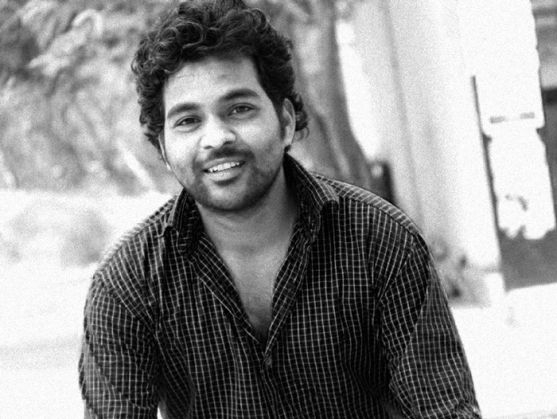
Rohit Vemula
Rohith Vemula, a young Dalit scholar at the Hyderabad Central University committed suicide on January 17, 2016. His death shook the conscience of the entire nation and led to massive protests, setting off a chain of events that continue to be relevant for the Dalit movement in the country even today.
Reservation for Minorities
In the history of reservations in India, reservations have been given to the SCs, STs and OBCs based only on their “social backwardness”. Today, reservation is being scuttled in higher education, is very dangerous for social justice and the fight for equality in our society. Recently, Prime Minister Narendra Modi has announced 10 percent reservation for economically weaker upper class. The BJP, especially, Modi’s, boast of executing this masterstroke reservation for economically weaker sections is without tinkering with the quotas of the SCs, STs and OBCs.
Right to Constitutional Remedies
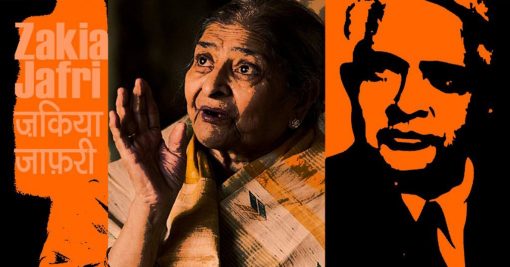
Zakiya Jafri case
The stories and images of 2002 Godhra, Gujarat, still echoes in our ear. A targeted communal violence that took many lives during then Chief Minister Narendra Modi’s government. The violence was unleashed by the then ruling Hindu fundamentalist groups. The 78 year old survivor of 2002, widow of the late Ahsan Jafri, and surviour of the communal violence approached the court seeking justice for her family and the community. Modi, then Chief Minister of Gujarat was one of the accused in this violence. But multiple times the court has failed the give Jafri justice, by giving a “clean-chit” to the accused.
Courtesy: Indian Cultural Forum
